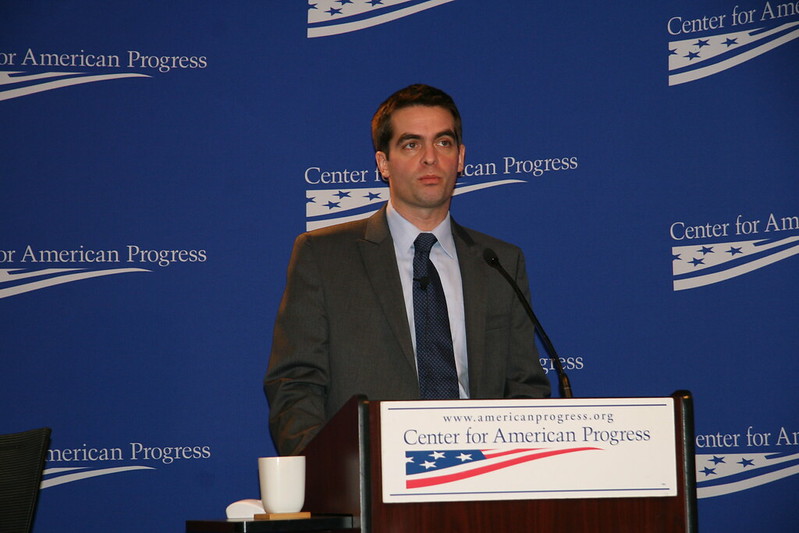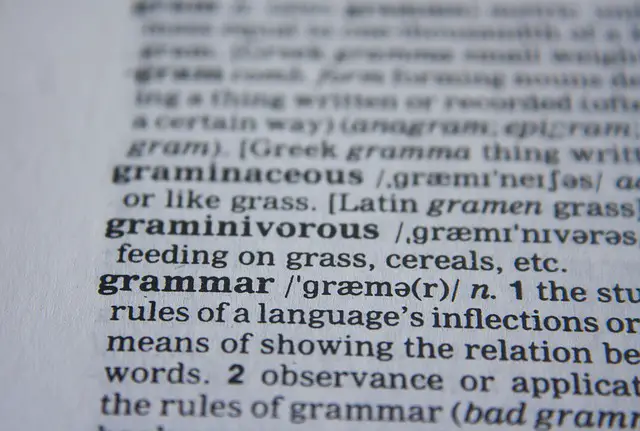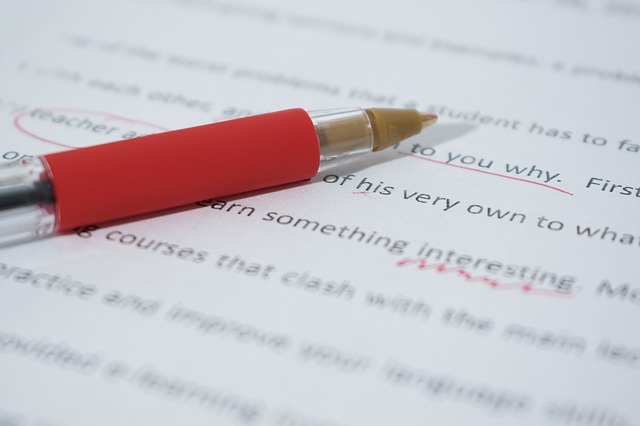To be an expert in a field you need to have a high IQ, a high mind-holding capacity, or at least an impulse within you to work non-stop while reaching your goal, right? Well, this may not always be the case. Every person has sufficient learning capacity for success. Even if you are not a genius like Newton or do not have a memory that records everything, you can always achieve success with some learning methods.
Thanks to these learning methods, you will be able to master the subject you want in a short time.
This summary will provide you with six ways to become an expert in learning. While these methods will double the pleasure you get while learning something, they will also help you with the issues you have never been able to learn.

Chapter 1 – You can facilitate the learning process with appropriate methods and ways.
It has historically been attributed to learning capacity as an ability we have when we are born due to genetics. However, this situation has now begun to be refuted. You can contribute to your learning process with only some learning strategies and methods.
The greatest impact of these learning strategies will be the increase in your success.
During the 1980s, there was an experiment conducted by Anastasia Kitsantas at a girls’ school. She formed three groups of girls and trained them for playing darts. Girls in the “Team Performance Group” were explained that they could achieve success by aiming at the bull’s eye. Other female students in the “Learning Method Group” were taught methods such that their arms and bodies should be close while throwing darts. And finally, the individuals in the “Conventional Wisdom Group” were asked to just play at their best while playing. As a result, female students in the “Learning Method Group” were more successful than others. And also this group was the one who enjoyed playing the most.
There is another effective way of learning named self-testing. You are expected to test yourself by repeating the subject you learned through this learning method. In this way, it is aimed to save the new information you learn in your memory for a longer time.
According to the research, the success of the method of testing yourself on the subject you learned is 50 % higher than other learning methods.
A study conducted at the University of Washington in 2006 has proven this. Henry Roediger and Jeffrey Karpicke, who researched two groups, handed writing to the participants. Participants of the first team read the given text four times. Those of the second team read the text once and applied a recall test three times.

When the researchers Roediger and Karpicke took the group to test the text sometime later, they observed that the participants in the recall group had more information about the text in their memory.
Another important method contributing to the learning process is to use earplugs that block outer sounds.
The author applied this method of learning as a child of 11 years old. When he couldn’t concentrate while solving math problems, he used earplugs to block outside sounds. He realized that this way he was able to focus more on solving problems.
These are useful methods that will contribute to your learning process. Let’s expand a little on the six strategies we mentioned at the beginning to increase your learning capacity.
Chapter 2 – The fact that your studies mean something to you speeds up the learning process and increases your capacity.
We are now aware that we can be much more successful with some learning methods and thus we can enjoy more while learning. Also, even more, success can be achieved if the six methods we will talk about in the learning process are applied.
The first condition is to give worth. If you think that the skills and knowledge about the subject you have learned are worth everything and give a good meaning to it, it becomes even easier for you to sacrifice for learning and not get bored.
The incident occurred to Jason Wolfson, a mature engineer in her forties, shows us just that. In the basement, he deals with artistic Lego designs. You may find it a bit odd for a mature man to deal with toys, however, each toy design has a meaningful side. He designed the cop booth in blue according to the booth used in the film “Dr. Who”, further, made a duplicate of Gonzo for his wife, who was fond of that puppet from “The Muppet Show”.
Wolfson devoted a large part of his time to these toys as he gave important meanings to these Lego designs. So, he became an expert in Lego design.
However, giving meaning to a subject and giving importance to it is not an immediate situation. You have to work hard to perceive the meaning and importance of the subject for you.

For example, very few students are fond of statistics. To help a bunch of students who don’t like statistics, psychology professor Chris Hulleman from Virginia University came up with a method.
He asked students to write a paper stating how useful statistics would be to improve themselves and what they care about. When they wrote their thoughts on a piece of paper, they found a few very valuable ideas. Statistics can unleash their potential when they become a nurse, executive, or vendor. As a result, they started to put more emphasis on statistics. Some even managed to be more successful in this course when they were able to understand statistics to the finest point.
Chapter 3 – Specialization in a subject depends on setting minor and certain goals, but you should be clear that the fundamentals are solid.
According to the story, Isaac Newton all of a sudden found the presence of gravity when an apple from a tree hit his head. However, you may not be able to come across such a time of sudden enlightenment in actual life.
Learning processes improve by setting goals.
To do this, you should apply the second method: You have to take care of big and uncertain goals by dividing them into small pieces, therefore, you may concentrate more easily.
Imagine you are an athlete who wants to increase running time while running a marathon. Instead of aiming to increase your speed, make your running goal shorter and easier to achieve. It might be more beneficial to try running on rough terrain this week, who knows? These fragmented, small goals are less frightening and the easiest way to monitor the development process.
However, to specialize in a subject, you can apply other methods besides dividing it into goals. Before starting work, you should learn the basics of the subject. This is important as it becomes difficult to understand a new topic or area without knowing the fundamentals.
For example, think of you know nothing about the German language and all of a sudden being asked the inquiry “Hast du gefrühstückt?”You should know a few basic vocabulary and grammar in German so that you can tell if the question is whether you had breakfast or not.

You can use this understanding for many other things. You wouldn’t attempt to repair pipes with no basic knowledge of plumbing, right?
And when you know the basics about the topic, you can break your goal into small pieces and become an expert in achieving success more easily.
Chapter 4 – The significance of feedback in the learning process cannot be denied.
Before presenting your work, you have probably practiced the presentation with a friend. This is a well-known method and very useful. The evaluation of the presentation by an observer plays an important role in the development of the study.
Accordingly, the third method is an improvement. You can improve what’s missing or good in your work based on the evaluations of others. When you are studying a topic, you often do not understand in what directions you should boost your skills. Even if someone else’s assessment seems to block you at first, you may notice its contribution after a while.
The writer of the book particularly utilized this method. He loved to play basketball, but he never played well: he was even the worst player on the team. Even if he practiced basketball for thirty minutes every day at the local basketball court, his movements and usage of his feet were dull.
He was not making progress because he did not concentrate on his exercises and did not get other evaluations about his playing. Then he stumbled upon basketball coach Dwane Samuels while he was reviewing Craigslist.
The writer, with the help of Samuels, developed to perform certain moves such as shooting off the dribble. The coach taught the way for the middle finger to grasp the basketball and the way feet move in the game. After some weeks of training, the author’s ball shots managed to get through the hoop and even score three points.

If you notice your mistakes and work on them, you will complete the second stage of development. If you observe how you study, you can easily learn how your study is done and where the errors come from. So you don’t get over repetition by correcting flaws.
Neurosurgeons also adopt this method. Mark Bernstein noted every error that emerged in his operation room in Toronto for the last 10 years. Defects such as incomplete communication between doctors, a badly placed sponge, or delayed anesthesia were recorded in his error system.
Owing to the error recording system, the surgical mistake rate of his team decreased from three errors to only 1.5 a month.
Chapter 5 – You can develop your learning process by getting caught up in the subject you want to specialize in and using more visuality.
You may think that the achievements of famous authors, painters, scholars on certain subjects are their destiny. However, smart people are always in the learning process.
So you can understand what the fourth method is: You should always develop the knowledge and skills you have already acquired. Specifically, people who attain the top steps are always open to improvement in the subjects they specialize in.
Jackson Pollock, the painter, realized this long ago. He participated in the painting work of David Alfaro Siqueiros, a Mexican muralist who is 23 years old. Siqueiros gave courage to Pollock to try it out. Pollock adopted the Drip & Pour method that made him famous in this workshop, but he needed some time to become an expert in this technique. He tried to study geometric structures. These structures are geometric shapes that repeat gradually, as you can see in broccoli or spiral galaxies.

In the early days, less complex fractal patterns were found in Pollock’s early drop paintings. As time passed, however, he began to create more complicated and detailed fractal drawings. The shapes are so elusive that the physics specialist Richard Taylor, and not the art historian, saw them first.
Another method that can be applied to further improve your abilities and information is to envision your goal in your mind.
Bob Harris, a humorist, is an important practitioner of this technique. For one time, he had to remember the names of the novels E. M. Forster had written. Therefore, he thought of himself glazing from a window in a room, seeing “giant buttocks thirty feet wide.” Thanks to this visualization, Harris could recall the books named Howard’s End, and Room with View forever. The big hips that Harris dreamed of were probably owned by a giant called Howard.
With the visualization method, you can quickly learn the information required by the subject you want to specialize in.
Chapter 6 – You will experience a more effective learning process by becoming aware of the connections between notions and experiencing different practices.
To specialize in a new subject, it is necessary to repeat it until it is learned. However, a repetitive routine does not bring effective learning.
Next is the fifth method: You should associate. So, you should notice the existence of links between notions.
A study by psychology specialist Charles Judd from Chicago University in 1908 confirmed this. He formed two teams of kids hitting bolts to a 4-inch target underwater.
The children in the first team were prepared by only throwing bolts underwater. However, the second team of children was taught refraction physics before practicing. Thus, they realized that the target they wanted to hit was not where it was seen because of the movement of the light underwater.

Then, Judd laid the target board to a bottom at 12 inches, the depth at which the breakage was further increased. Hence it became quite difficult to hit the target because the deeper the target looked further away.
Of course, the children in the second team, who had information about refraction, associate this information with the situation they faced. As can be expected, they had more success than the first team of children.
You will do well in learning if you provide variety in your practice.
In 1993, two teams of women learning free throws became a research topic. The women in the first group only made free shoots and tried nothing else. The women in the second group did mixed shooting exercises. After the free throwing practice, they exercised throwing the ball from the marked places that were 8 and 15 feet away from the ring.
As a result, the group of women who made different shooting trials achieved better scores in free throws.
Chapter 7 – By deeply examining our knowledge, we can end careless mistakes due to excessive self-reliance.
You wandered around for hours because you were sure you knew how to go somewhere and didn’t want to inquire about the path, right?
By applying the 6th and last method, you can examine your information, evaluate it in detail, and in this way, you can minimize the possibility of making a mistake.
Excessive confidence causes mistakes by making you act carelessly. People generally glorify their achievements and proficiency managed in the past. They always think that they will achieve better success because they think the skills they acquired are bigger than they are.
In the army, this condition is given a name: disease of victory. A commander might think he’s very talented since he has victory from a lot of battles before. The Union general, Armstrong Custer, who won many victories over the enemy in the War of Civils, could be a good example. However, this situation caused a defeat in the War of Little Bighorn in 1876. He had two hundred men fight more than 1000 Indians. Unfortunately, just one of these men survived.

If you examine the knowledge and perspective you have in detail, it can save you from problems caused by excessive self-confidence.
For example, Art Markman, a psychologist, knew how to use the toilet. He would use it many times daily and when he was a child, he had moved the cistern several times to control the plug and move the lever.
But after a while, he understood that he didn’t know how to assemble a toilet and that if he wanted to set it up on his own, he wouldn’t have been successful.
When he realized that he did not have enough information about the toilet, he only asked the right questions: “How is water carried to the toilet? Which place do they go after the flush?”
He was determined to have enough information about it.
You can experience a better learning process thanks to these six methods we have mentioned. These learning strategies, which are given in many learning processes such as repairing the toilet, developing in the field of sports, or learning a new language, will accelerate and facilitate your specialization in any field you want.
Learn Better: Mastering the Skills for Success in Life, Business, and School, or, How to Become an Expert in Just About Anything by Ulrich Boser Book Review
Thanks to your efforts and ability to focus on a subject, you can easily specialize in any field you want. However, for the specialization process, you need sufficient time and some experienced and tested strategies. Follow the six steps we mentioned: give worth, aim, improve, expand, associate, and reconsider. These methods will provide you with a more efficient learning process.
Take some time to learn.
When preparing for the next important exam, divide the topics into several parts, and then study. You know the discomfort of devoting a whole day to study, knowing that after some time you will forget almost everything you learned. Try to work by setting yourself more achievable goals to free yourself from this regret and make your learning process effective. You have to let your brain take a break to save new information. Let’s take a break!
